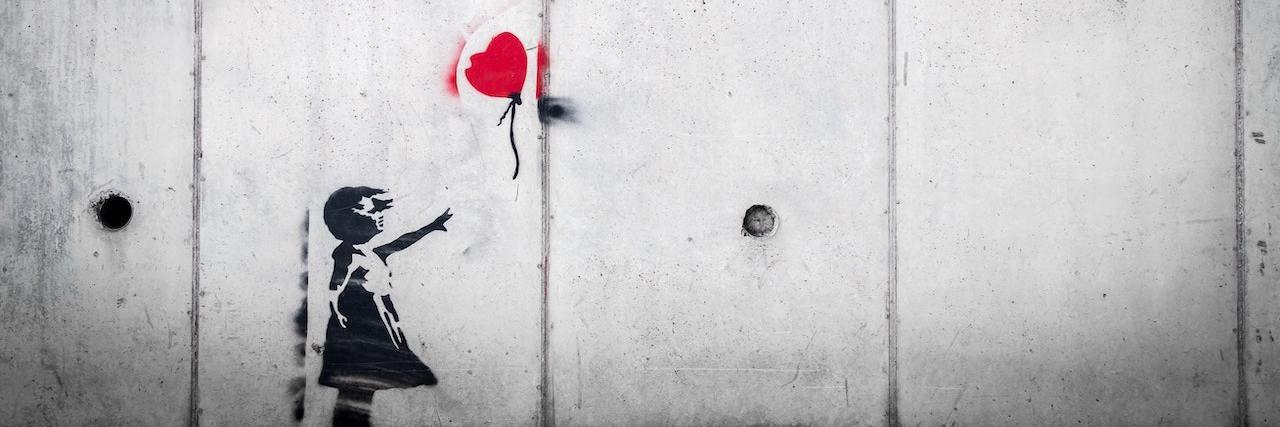What happened: As millions of people face uncertainty and grief due to the COVID-19 pandemic, it’s become increasingly important to understand how grief affects us and what we can do to navigate the new reality. Aside from the five stages of grief (denial, anger, bargaining, depression and acceptance), the mental health community recognizes anxiety as another stage you may experience during the grieving process. Understanding and accepting the unique ways in which we grieve can be an important and necessary step toward healing.
When something like that happens, a health crisis, or a loss, or something just really unexpected, you suddenly realize, ‘I’m really not in control of how my future plays out or if things go well or not.’ That realization, when you are hit with it, just makes you feel uncertain. … To sit in that space is what happens when you go through a big loss. — Claire Bidwell Smith, therapist and author of “Anxiety: The Missing Stage of Grief”
The Frontlines: Grief can be caused by more than just the loss of a loved one. A person can grieve after the loss of a relationship, job or their health, which can significantly alter life as they knew it. Grief-caused anxiety makes sense as you deal with increased levels of responsibility, stress and uncertainty.
- Anxiety can be a sign of a complicated grief, which is a prolonged and persistent form of grief that can last for at least six months, oftentimes longer.
- Prolonged grief is distinct from depression or other mental health conditions. One study was able to track the differences using brain imaging.
A Mighty Voice: Our contributor, Heidi HD, poignantly shared how her grief for the loss of her grandmother and her father translated into stress and anger, something she didn’t immediately recognize as grief: “I thought I was ready to move on. The grief was still there, festering below the surface. When I couldn’t suppress the grief any longer, it came out. It came out as rage.” You can submit your first-person story, too.
Add your voice:
Other things to know: Grief can come in many forms and every person has their own unique ways of coping. If you’d like to find out more about how to cope with grief and the underlying anxiety, have a browse through these resources:
- Anxiety: The Missing Stage of Grief: A Revolutionary Approach to Understanding and Healing the Impact of Loss
- When Grief Changes the World As You Know It
- 8 Ways the Mighty Has Helped Me Through Grief
How to take action: Grieving might be a solitary experience, but recovery doesn’t have to be. If you’re grieving there are many different things you can do:
- Reach out to loved ones and talk about how you’re feeling.
- Take it easy on yourself — grief can be an exhausting and life-altering experience. Give yourself the time and space to process your emotions and come to terms with the loss..
- Ask for professional help. If you don’t have a therapist, you can look for one in your area using this handy tool.
Header image via Karim MANJRA on Unsplash

